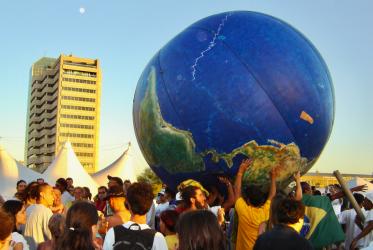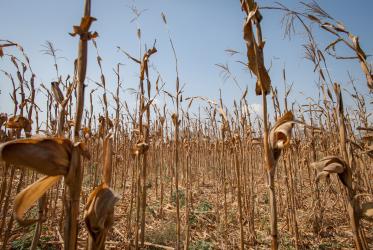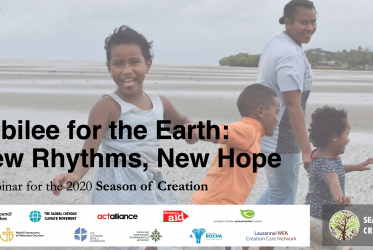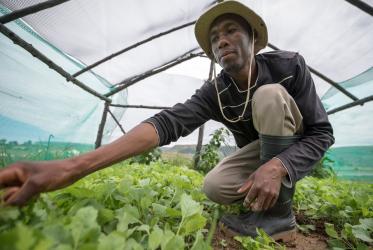Displaying 1 - 20 of 42
Caring for the Earth, Transforming Lives: Linking Faith & Natural Regeneration
12 May 2023
Hybrid: Online and Ecumenical Center
In Lebanon, “without peace there is no justice”
21 July 2021







